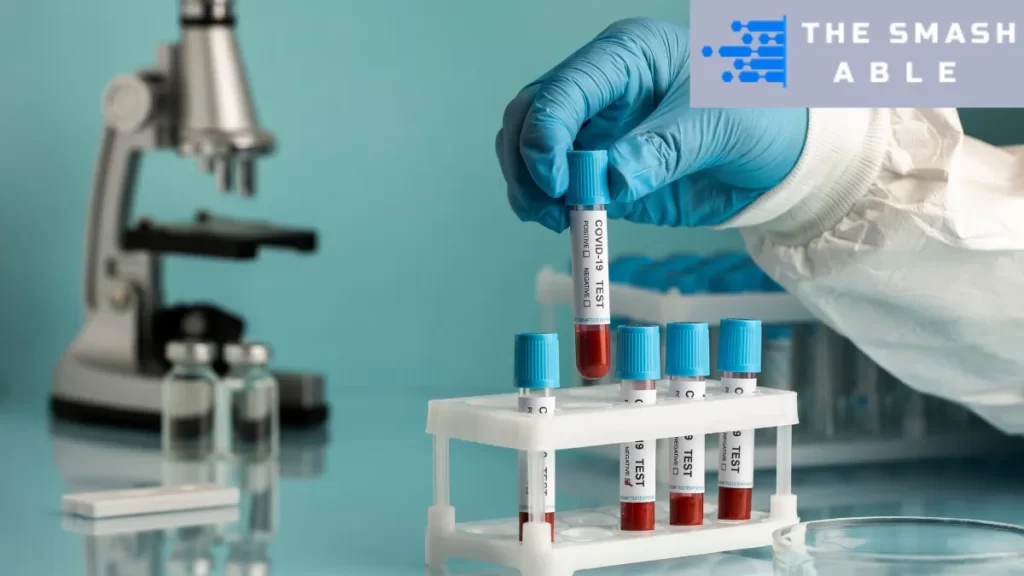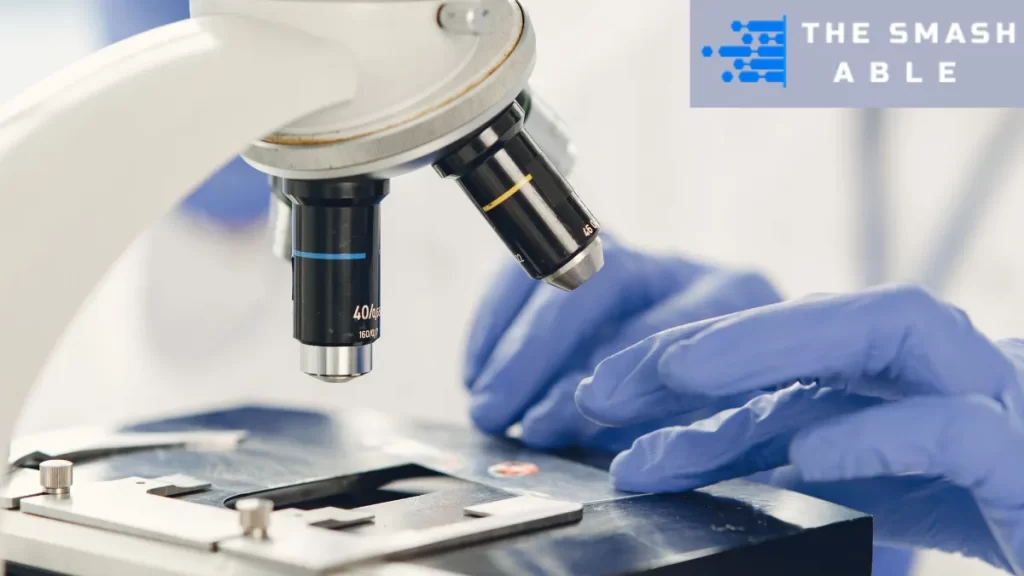Table of Contents
Why Are Lab Quizzes So Hard? Science lab quizzes can be challenging for many students, making them wonder why these assessments feel so difficult. Lab quizzes test more than memorization—they assess understanding, application, and critical thinking skills in real-world scenarios. By exploring why lab quizzes can be tough, we can better understand how to prepare effectively.
The Nature of Lab Quizzes: Understanding Why They’re So Challenging
Lab quizzes are unique because they don’t just test facts; they challenge students to apply what they’ve learned to real-world situations. Unlike traditional quizzes, lab quizzes often require observation, analysis, and problem-solving skills. This hands-on approach can make it difficult for students who are used to learning in a more straightforward textbook style.
Key Points:
- Application of Knowledge: Lab quizzes often ask questions that need more than memorization; students must know how to use their knowledge practically.
- Time Pressure: Many lab quizzes are timed, adding pressure and reducing students’ time to analyze their answers.
- Complex Terminology: Lab quizzes may include scientific terms that students find tricky, which adds to the difficulty.
Why Are Lab Quizzes So Hard? They Require Practical Skills
A major reason lab quizzes feel hard is that they focus on practical skills. These skills include setting up lab equipment, following procedures accurately, and recording results carefully. Students who need help with hands-on tasks may find lab quizzes more difficult than other types of assessments.
Key Points:
- Hands-on Learning: Lab quizzes assess practical skills students may need to develop in a regular classroom setting.
- Equipment and Procedure Knowledge: Understanding lab tools and following step-by-step instructions are crucial to performing well.
- Focus and Patience: Lab work requires attention to detail, so staying focused throughout is essential.
Also Read: Why Are Lab Quizzes So Hard? Unpacking the Challenges
The Pressure to Be Precise: Why Accuracy Matters

Even minor errors can result in inaccurate responses in lab quizzes. Students must be highly accurate, as precision is essential in scientific fields. This requirement for accuracy might feel overwhelming, particularly for students who are still learning the fundamentals.
Key Points:
- Detailed Observation: Lab quizzes require students to notice small details and make precise measurements.
- Error Sensitivity: Mistakes in calculations or setup can lead to wrong results, affecting quiz scores.
- Confidence and Practice: Building accuracy takes time and practice, which can be challenging if students feel uncertain.
Also Read: Can You Go to Canada with a DUI? Shocking Truth Revealed!
Why Are Lab Quizzes So Hard? They Test Critical Thinking

Lab quizzes often include questions that test students’ ability to think critically about what they’ve observed or learned. This critical thinking component needs to make connections between disparate bits of knowledge, which can be difficult for kids who are still learning the fundamentals.
Key Points:
- They are connecting Concepts: Lab quizzes ask students to link theories with experiments, which can feel complex.
- Problem Solving: Many questions require students to solve problems they haven’t seen before.
- Analysis Over Memorization: Lab quizzes reward analysis and application, not just rote learning.
Also Read: Emma Watson Education Journey: Balancing Life as an Actress
Effective Strategies to Succeed in Lab Quizzes

Students can use specific strategies to improve their understanding and performance to overcome the challenges of lab quizzes. These strategies help build confidence, reduce mistakes, and make it easier to tackle lab quizzes successfully.
Key Points:
| Strategy | Description |
|---|---|
| Practice in the Lab | Spending extra time practicing lab skills can greatly improve one’s understanding of procedures and equipment. |
| Ask Questions in Class | Clarifying doubts before the quiz ensures students have a strong foundation. |
| Review Lab Notes Regularly | Consistent review of lab notes helps reinforce key concepts. |
| Mock Quizzes | Practicing with sample questions or old quizzes can build confidence and familiarity with quiz formats. |
Understanding why lab quizzes are hard can help students prepare effectively. These quizzes test various skills, from practical know-how to critical thinking. By recognizing these challenges and using the right strategies, students can confidently approach lab quizzes and improve their chances of success. So, while lab quizzes may be tough, they’re also an opportunity to grow and learn more deeply about science.


